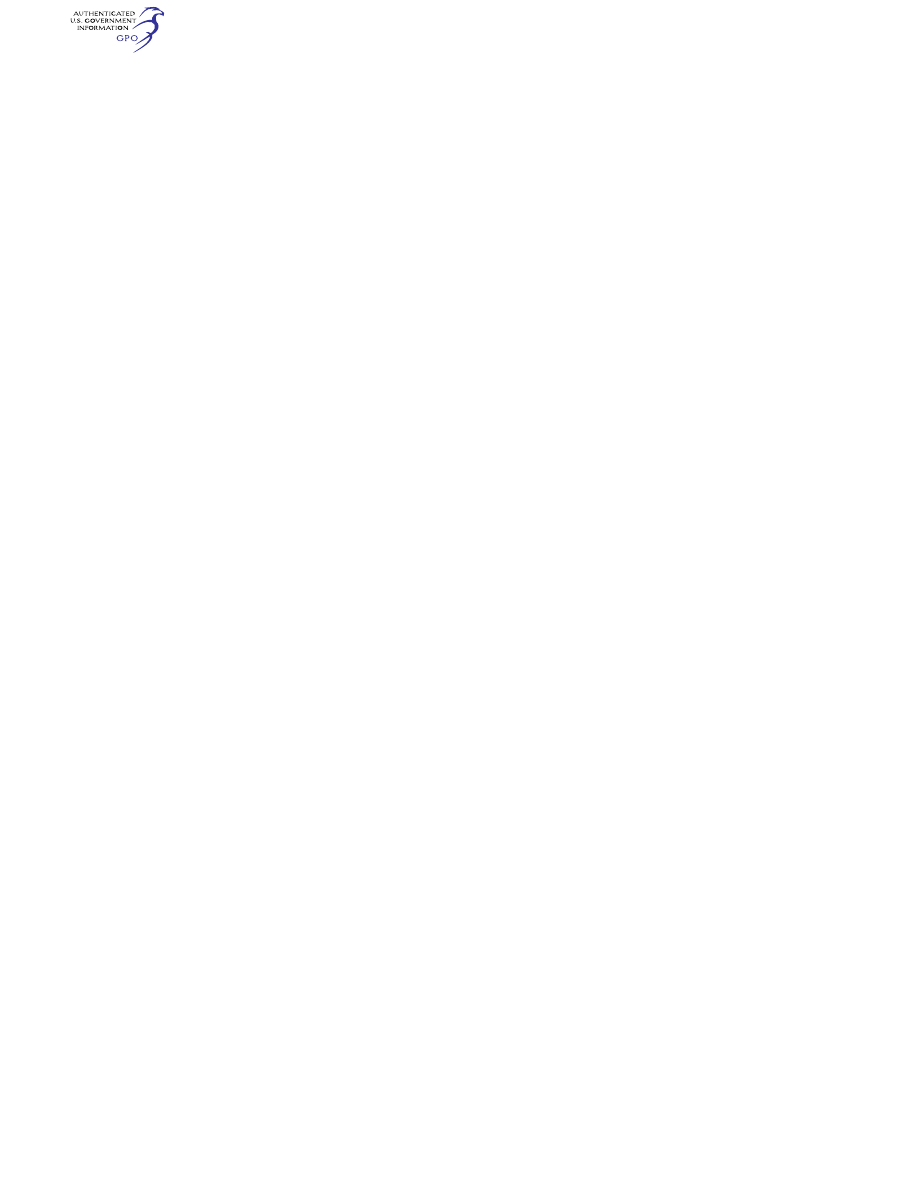
635
Federal Aviation Administration, DOT
§ 67.303
§ 67.209
Neurologic.
Neurologic standards for a second-
class airman medical certificate are:
(a) No established medical history or
clinical diagnosis of any of the fol-
lowing:
(1) Epilepsy;
(2) A disturbance of consciousness
without satisfactory medical expla-
nation of the cause; or
(3) A transient loss of control of nerv-
ous system function(s) without satis-
factory medical explanation of the
cause;
(b) No other seizure disorder, disturb-
ance of consciousness, or neurologic
condition that the Federal Air Sur-
geon, based on the case history and ap-
propriate, qualified medical judgment
relating to the condition involved,
finds—
(1) Makes the person unable to safely
perform the duties or exercise the
privileges of the airman certificate ap-
plied for or held; or
(2) May reasonably be expected, for
the maximum duration of the airman
medical certificate applied for or held,
to make the person unable to perform
those duties or exercise those privi-
leges.
§ 67.211
Cardiovascular.
Cardiovascular standards for a sec-
ond-class medical certificate are no es-
tablished medical history or clinical
diagnosis of any of the following:
(a) Myocardial infarction;
(b) Angina pectoris;
(c) Coronary heart disease that has
required treatment or, if untreated,
that has been symptomatic or clini-
cally significant;
(d) Cardiac valve replacement;
(e) Permanent cardiac pacemaker im-
plantation; or
(f) Heart replacement.
§ 67.213
General medical condition.
The general medical standards for a
second-class airman medical certificate
are:
(a) No established medical history or
clinical diagnosis of diabetes mellitus
that requires insulin or any other
hypoglycemic drug for control.
(b) No other organic, functional, or
structural disease, defect, or limitation
that the Federal Air Surgeon, based on
the case history and appropriate, quali-
fied medical judgment relating to the
condition involved, finds—
(1) Makes the person unable to safely
perform the duties or exercise the
privileges of the airman certificate ap-
plied for or held; or
(2) May reasonably be expected, for
the maximum duration of the airman
medical certificate applied for or held,
to make the person unable to perform
those duties or exercise those privi-
leges.
(c) No medication or other treatment
that the Federal Air Surgeon, based on
the case history and appropriate, quali-
fied medical judgment relating to the
medication or other treatment in-
volved, finds—
(1) Makes the person unable to safely
perform the duties or exercise the
privileges of the airman certificate ap-
plied for or held; or
(2) May reasonably be expected, for
the maximum duration of the airman
medical certificate applied for or held,
to make the person unable to perform
those duties or exercise those privi-
leges.
§ 67.215
Discretionary issuance.
A person who does not meet the pro-
visions of §§ 67.203 through 67.213 may
apply for the discretionary issuance of
a certificate under § 67.401.
Subpart D—Third-Class Airman
Medical Certificate
§ 67.301
Eligibility.
To be eligible for a third-class air-
man medical certificate, or to remain
eligible for a third-class airman med-
ical certificate, a person must meet the
requirements of this subpart.
§ 67.303
Eye.
Eye standards for a third-class air-
man medical certificate are:
(a) Distant visual acuity of 20/40 or
better in each eye separately, with or
without corrective lenses. If corrective
lenses (spectacles or contact lenses)
are necessary for 20/40 vision, the per-
son may be eligible only on the condi-
tion that corrective lenses are worn
while exercising the privileges of an
airman certificate.
VerDate Sep<11>2014
14:00 Mar 14, 2024
Jkt 262047
PO 00000
Frm 00645
Fmt 8010
Sfmt 8010
Q:\14\14V2.TXT
PC31
aworley on LAPBH6H6L3 with DISTILLER